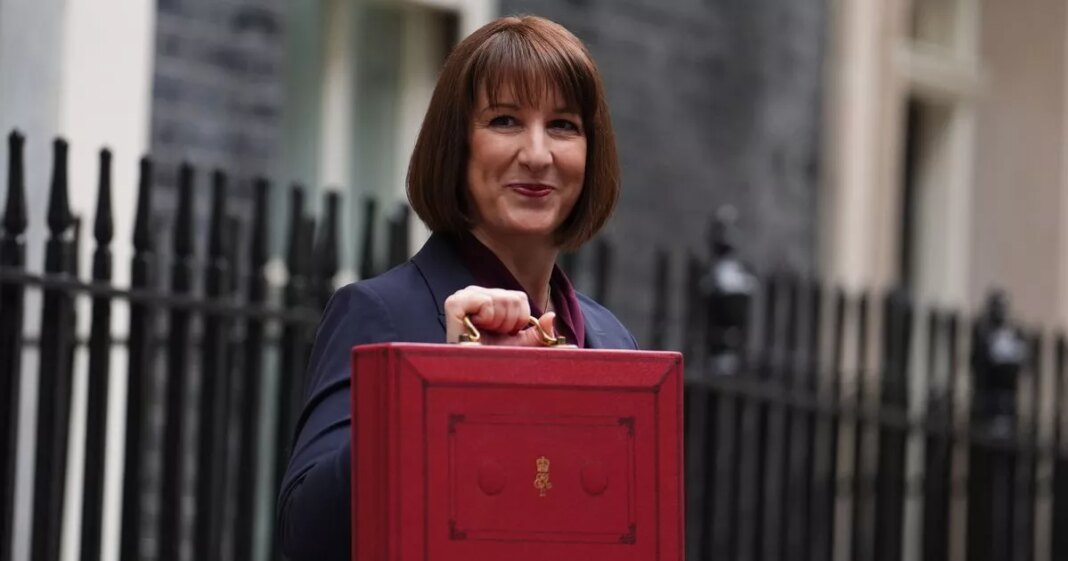Rachel Reeves has confirmed the date for the upcoming Budget, with concerns rising about potential tax increases. The Chancellor is scheduled to present the critical statement outlining the government’s fiscal plans on November 26. Reeves is reportedly strategizing to ensure the economy benefits ordinary working individuals, particularly by tackling inflation pressures impacting household budgets.
The decision to delay the Budget is to enable announcements focusing on boosting productivity during autumn, aiming for the Office for Budget Responsibility (OBR) to consider these initiatives in its forecasts. This will mark Labour’s second Budget since their significant election win last year. In her debut Budget, Reeves raised taxes on businesses, implemented VAT on private school fees, and elevated capital gains tax to allocate substantial funds to the struggling NHS.
In a recent video message, Reeves emphasized that the UK economy is not fundamentally flawed but acknowledged the need for improvements to better serve working people. Addressing the rising cost of living, she highlighted the necessity of managing inflation and borrowing costs through stringent fiscal rules to sustain necessary investments and reforms.
As the Budget approaches, economic experts caution that the Chancellor may have to increase taxes to bridge the nation’s financial gap. The NIESR economic think tank warned of a projected £41 billion deficit in balancing day-to-day spending with tax revenues by 2029-30. Keir Starmer has affirmed Labour’s commitment to not raise taxes on “working people,” ruling out increases in VAT, national insurance, or income tax.
Reeves aims to avoid a budget scale similar to the previous year, which included substantial tax hikes totaling £40 billion. However, reversals on benefit cuts and escalating borrowing costs have presented challenges in meeting funding requirements. The Prime Minister recently revamped his economic team, appointing Darren Jones as Chief Secretary to the Prime Minister, Baroness Minouche Shafik as chief economic adviser, and Dan York-Smith as principal private secretary.
In response to criticisms from former Tory PM Liz Truss, who forewarned of economic calamity under the Chancellor’s policies, Health Secretary Mr. Streeting dismissed Truss’s advice, citing her past record. He emphasized the government’s commitment to managing the economy effectively and criticized Truss’s remarks as lacking self-awareness regarding her own impact on the country.

